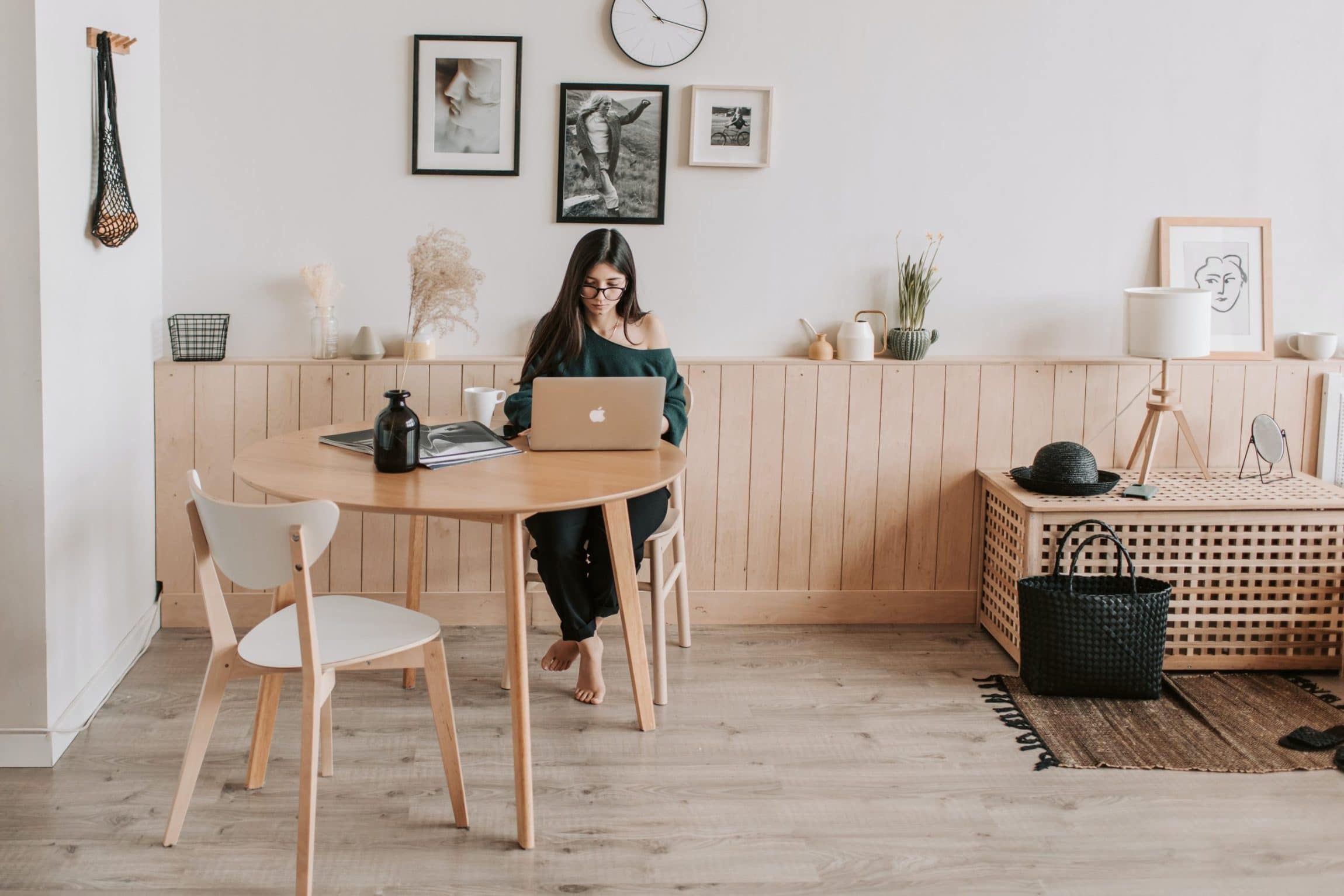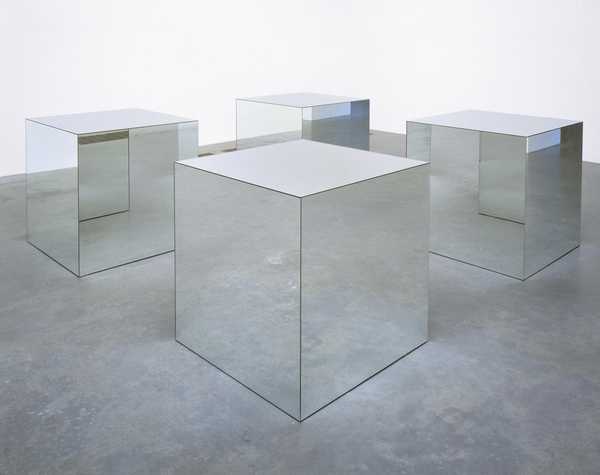Checking Out the Long-Term Influence of Minimalism on Mental and Emotional Health
Checking Out the Long-Term Influence of Minimalism on Mental and Emotional Health
Blog Article
Recognizing Minimalism: Approaches for Minimizing Mess and Enhancing Clarity in Everyday Living
Minimalism is increasingly recognized as a practical strategy to enhancing clarity and emphasis in today's messy globe. By systematically examining our belongings and focusing on intentionality, we can develop spaces that not just mirror our worths but also promote psychological well-being.
Defining Minimalism and Its Advantages
Specifying minimalism entails recognizing it as a way of living option that highlights simpleness and intentionality in both physical ownerships and day-to-day regimens. At its core, minimalism urges people to prioritize what truly matters, permitting a more significant and concentrated presence. By stripping away the non-essential, minimalism invites individuals to involve deeply with their surroundings and experiences.
The advantages of embracing a minimal technique are multifaceted. It fosters psychological clarity, as minimizing mess in one's environment can lead to decreased distractions and tension. People usually report boosted focus and improved productivity when bordered by fewer possessions. Minimalism promotes monetary liberty; by focusing on requirements over wants, people can make even more informed buying choices, leading to potential savings and lowered financial debt. Additionally, a minimalist way of life can produce emotional advantages, as it motivates individuals to cultivate gratitude of what they have as opposed to yearning for more.
Ultimately, minimalism is not simply about worldly reduction but entails an all natural shift in perspective, fostering a life identified by equilibrium, objective, and gratification. Welcoming this way of living can result in profound adjustments in exactly how individuals regard and interact with the world around them.
Assessing Your Present Clutter
Mess frequently materializes as an overwhelming build-up of things that no longer offer a function, creating a barrier to achieving a minimal way of living. To successfully evaluate your present clutter, it is vital to take on a methodical method. Begin by identifying the areas in your living area that feel frustrating or disorderly. Keep in mind of details categories of things, such as clothing, publications, or kitchenware, as this will certainly assist you comprehend the scope of the mess.

In addition, think about the regularity of use for each thing. Ultimately, recognizing your present mess is a crucial action toward welcoming minimalism and enhancing clarity in your day-to-day living.

Practical Decluttering Methods
Having examined your present clutter, the following action is to apply sensible decluttering strategies that help with an even more organized living room. Minimalism. One effective approach is the "Four-Box" method, where you designate four boxes identified: keep, give away, trash, and relocate. This approach urges quick decision-making and guarantees things are classified appropriately
An additional method is the "One in, One out" policy, which stipulates that for every single brand-new item acquired, an existing product should be eliminated. This concept assists preserve balance and protects against build-up with time. Furthermore, take into consideration the "30-Day Minimalism Video Game," where you eliminate one product on the initial day, two on the second, etc, cumulatively promoting a sense of accomplishment.
Limit on your own to a specific number of cherished products, permitting you to appreciate their value without overwhelming your area. By utilizing these strategies, you can develop a more efficient and tranquil living area, inevitably boosting quality in your day-to-day life.
Developing Intentional Spaces
Creating intentional spaces involves a thoughtful technique to how we design and organize our settings, ensuring each area offers a specific purpose and reflects our values. This method is Minimalism vital in cultivating a sense of clearness and objective in our lives. By seriously evaluating the function of each area, we can remove distractions and boost our total wellness.
To produce intentional spaces, start by recognizing the main activities that will certainly take place in each area. A home office ought to be designed to cultivate efficiency, incorporating components such as appropriate illumination, comfortable furnishings, and very little distractions. In comparison, a leisure area should advertise tranquility, including relaxing shades and comfortable seats.
In addition, think about the psychological effect of your surroundings (Minimalism). Integrating personal products that resonate with your worths, such as artwork or plants, can improve the connection to your area. Frequently assess these settings to ensure they remain to serve their intended objective as your needs progress
Ultimately, producing willful areas has to do with making conscious selections that align with your way of life, promoting consistency and efficiency in your living and working settings.
Keeping a Minimalist Attitude
Accepting a minimalist mindset needs continuous representation and intentionality in our thoughts and activities. This technique entails cultivating recognition of our values and concerns, enabling us to filter disturbances and concentrate on what really Full Report matters. To maintain this attitude, routine self-assessment is important. Set aside time to assess your commitments, belongings, and even electronic web content, guaranteeing they straighten with your core concepts.
This change in point of view encourages admiration for simplicity, enhancing overall health. Integrating mindfulness techniques, such as reflection or journaling, can even more reinforce a minimal way of thinking by promoting quality and minimizing mental mess.
Additionally, develop boundaries to shield your energy and time. Find out to state no to non-essential obligations and disturbances that do not add to your individual development. Surround on your own with like-minded people that support your minimal trip, as shared worths can enhance inspiration and accountability.
Final Thought
In conclusion, embracing minimalism offers substantial advantages, consisting of minimized clutter and boosted clearness in everyday life. click this site The concepts of minimalism serve as beneficial tools for cultivating an atmosphere that supports personal development and wellness.

In addition, think about the "30-Day Minimalism Game," where you get rid of one product on the very first day, two on the 2nd, and so forth, cumulatively fostering a sense of achievement.
In final thought, accepting minimalism supplies considerable benefits, including minimized mess and boosted clarity in everyday life.
Report this page